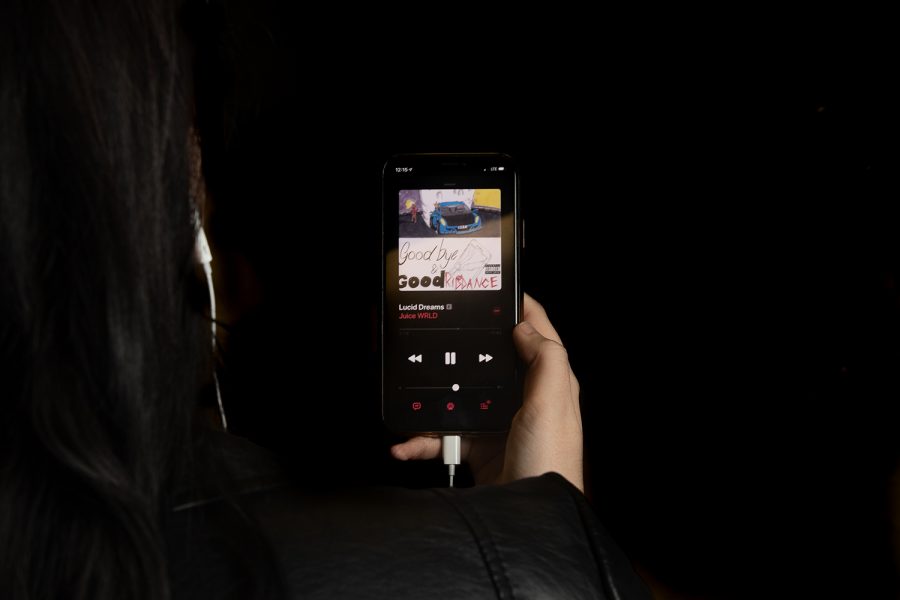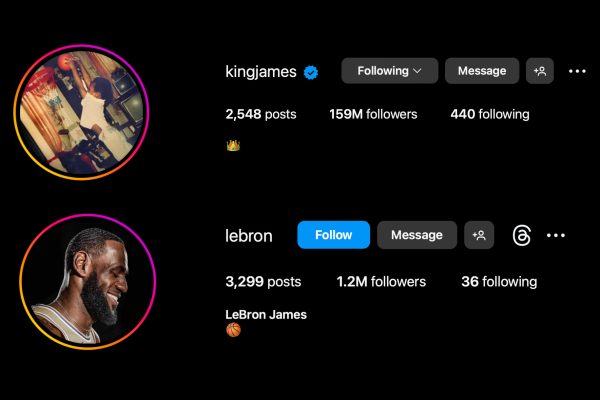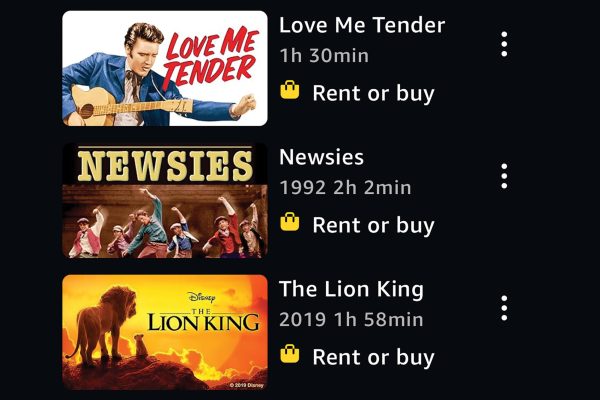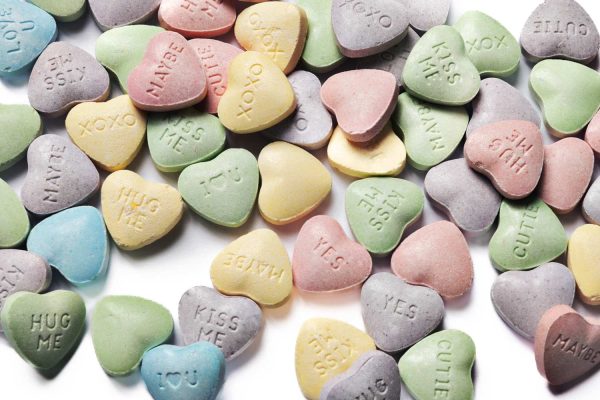Evolution of artists and fans
The slippery slope of love and obsession
Photo Illustration
February 26, 2020
Every move, decision or mistake that a celebrity makes the world knows about or discovers within seconds. Many fans have slowly but surely developed an unhealthy obsession with the pop culture world, wanting to know anything and everything about their “idols.” Stans, or “biggest fans,” want to know the music they are making, the scandals they are involved in and even where they live.
The boundaries between an artist and their enthusiast has seemingly diminished, and the privacy celebrities once had has disappeared. Tabloids, fans and the internet expose each and every thing about celebrities.
Fans develop relationships with their idols, from discovering who they are dating to what personal things are going on in their life. It’s not a mutual relationship one might have with their peers, but one based on the grounds of liking the artists music.
The actions taken after their idols death, with the most recent involving rappers like Juice Wrld, Mac Miller, Xxxtentacion and Lil Peep, have reached extremities. From nonstop posts about their deaths to crying on their Snapchat stories, the teens of today’s world have allowed for these stars to have a damaging effect on their lives when they die. Teens have entered states of depression because their idol has passed, which often means no more new music for them to obsess over. Despite being someone they barely know in the aspect of personal connections, fans take liking an artist to a whole new level.
It takes a toll on their mental health, being disconnected from the world as well as not performing well in school because of it.
Multiple rumors and conspiracy theories tend to develop as fans mourn celebs’ passings. People come up with outrageous ideas of the artist not really being dead, making social media posts about the artists and sharing rumors seen online to their peers. An example would be the fake headlines that pop up on Snapchat, usually about the rapper/singers personal life. Most of the time these rumors are made up but quickly spread around.
It’s something that affects more than just the fans, but also the family of these artists who sift through these posts. They read the comments both hate and positivity and have to endure the loss to a much greater extent after seeing it all.
For many teens, it’s the combination of both the music the artist puts out and their personality that creates that emotional connection, one that to many is a “personal” connection.
A lot of it comes from the idea that the music is relatable in a sense of both the artist and the fans that have gone through similar life experiences, but to minor degrees, not enough to justify the reasons they spend excessive time obsessing over their favorite artist.
On the other side of the spectrum, the lyrics of the artist’s songs are empowering and inspire many teens. Such artists as Lizzo or Post Malone, who have secondary platforms like body positivity and starting with nothing but working hard to reach their dreams, is another connection fans make.
To a further extreme, many teens take their obsession with their favorite artist to a new level. Knowing every known and even some “unknown” facts, appearing at their houses and even stalking are just some of the extremities these fans go to in order to admire their idols. Simply stemming from the fact they like their music, driving them to perform these extremities without actually knowing the artist in a close relationship.
It’s not something new to today’s society, as in years past the teens of each generation have performed in similar manners towards their favorite artist, but the difference today is the access teens have.
With the internet growing and social media apps creating new pathways for teens to gain more info, fans can stalk the artist both online and in real life.
Before long, artists and celebrities will have every aspect of their life on display for their fans to know and judge. The privacy will cease to exist if teens keep on obsessing over these people they barely know. Is liking the music enough of a justifiable means for crying over an artist or is it just taking the obsession too far?





















